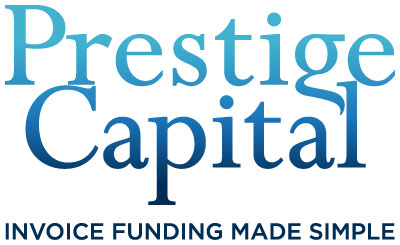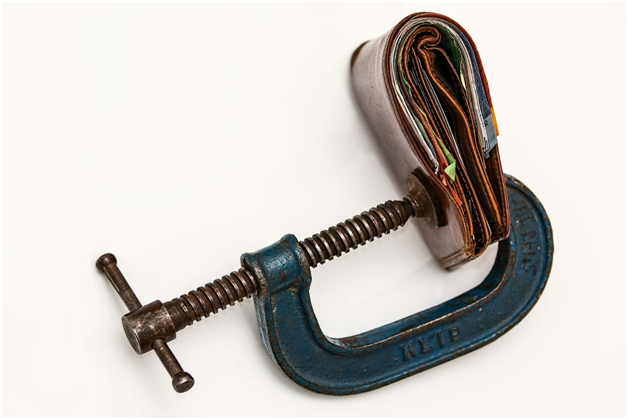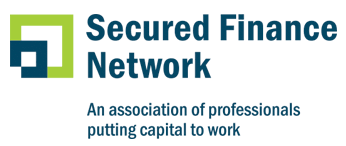Working in the factoring industry prior to joining Prestige Capital, I had not been aware that one of the most important beneficiaries of accounts receivable financing are companies seeking to restructure in bankruptcy. Chapter 11 bankruptcy laws allow Debtor-in-Possession (“DIP”) financing in the discretion of a bankruptcy judge if he feels that such financing will stabilize cash flow and ultimately help the company file a Chapter 11 Plan and exit bankruptcy.
Harvey Kaminski (Co-Founder of Prestige Capital) Insight on DIP FInancing
The co-founder of Prestige Capital, Harvey Kaminski, is a bankruptcy attorney. When he formed Prestige Capital, he utilized his expertise in this area to assist companies needing immediate financing after they filed Chapter 11. One of the areas that can slow down DIP financing is satisfying the legal requirements of the Bankruptcy Code. Fortunately, Mr. Kaminski has extensive knowledge in this sector. Therefore, he is able to assist the debtor and facilitate DIP financing, without the need of additional outside counsel. His familiarity with the bankruptcy courts and attorneys involved in these cases, enables clients to obtain financing quickly so that they can continue to operate in bankruptcy without skipping a beat in their business operations. The sophistication of a lender is always important in understanding a client’s needs and the industry specificity of their invoices. However, in bankruptcy it is even more critical to have a comprehensive understanding of the process.
In our 34 year history, Prestige has been recognized as a leader in the DIP financing industry, able to close deals expeditiously. We are repeatedly called upon by attorneys, trustees and clients who seek our guidance through the bankruptcy process.
Here are some things to consider in choosing factoring for DIP financing:
- Factoring is easier to obtain than conventional financing since it uses accounts receivable as its main collateral.
- Factoring provides predictable cash flow by eliminating the uncertainty of when an invoice will be paid.
- Factoring provides the funds to pay vendors and employees ensuring the company can continue operations during the bankruptcy period.
- Companies that implement DIP financing solutions (such as factoring) have a greater chance of emerging from Chapter 11 bankruptcy.
- Factoring grows with your sales, providing capital as the company’s sales increase.
Here are examples of companies that Prestige Capital has factored in bankruptcy:
- Three related entities consisting of janitorial maintenance, security guard and landscape businesses. In these situations, we were called by a turnaround advisor who had previously worked with Prestige and was now retained by bankruptcy counsel. In the past, these companies had been self-funded. However, they sought Chapter 11 relief and financing due to a large federal tax lien. Within 10 business days, Prestige provided the DIP financing needed to keep the company operational thereafter allowing the companies to develop its plan of reorganization.
- A company that manufactured custom minted coins and metals filed Chapter 11 due to irregular cash flow and poor management. Thereafter, they sought DIP financing in order to fund continued production. Prestige was approached by the bankruptcy trustee, who was appointed by the Bankruptcy Court to facilitate the company’s reorganization and possible sale of the company. Ultimately, Prestige agreed to factor the company pursuant to a DIP Order of the Bankruptcy Court which allowed the company to fill existing orders.
Working with an experienced lender is a key to a success. I am glad that I am able to see firsthand how Prestige has helped companies turn around post-bankruptcy to grow and flourish.














